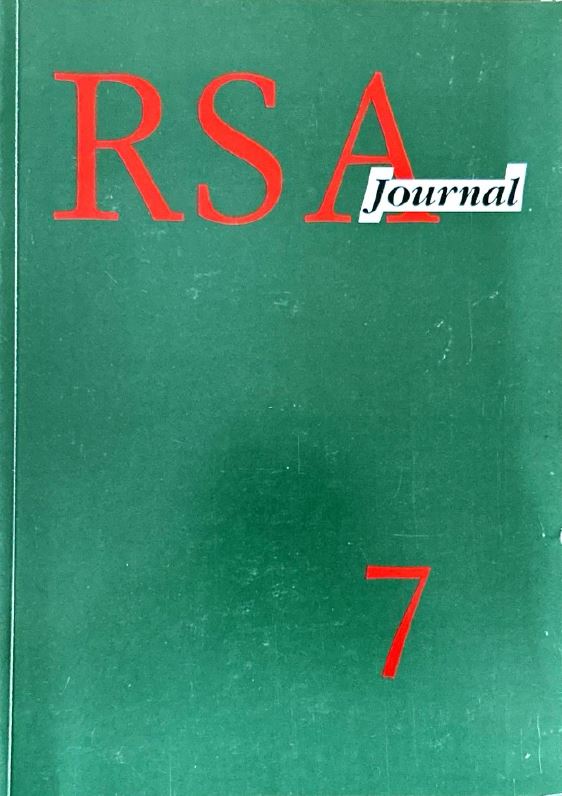"I wish he would explain his explanation"
Authorial Explication in Wallace Stevens and Ezra Pound
DOI:
https://doi.org/10.13135/1592-4467/8948Keywords:
authorial explication, criticism, Wallace Stevens, Ezra PoundAbstract
Writers often explicate their work, but their comments are not necessarily trustworthy. Strictly speaking, they are new statements that need themselves to be interpreted and that bear a problematic relationship to the text they propose to explicate. This is shown by examples from Stevens and Pound, both notably obscure writers who, like other modernists, often provided readers with authorial explications. While their attitudes were different, and Stevens insisted that "the basis of criticism is the work, not the hidden intention of the writer", both ultimately fell back on their individual (realistic) perception of the world. They were also alike in being finally impatient with requests for explanation, being much more concerned with the work ahead - with "Making It New".
Downloads
Published
Issue
Section
License
RSAJournal will apply a CC BY 4.0 license to all its contributions starting with issue 37 (2026). Previous issues are licensed under a CC BY-NC-ND licence.





